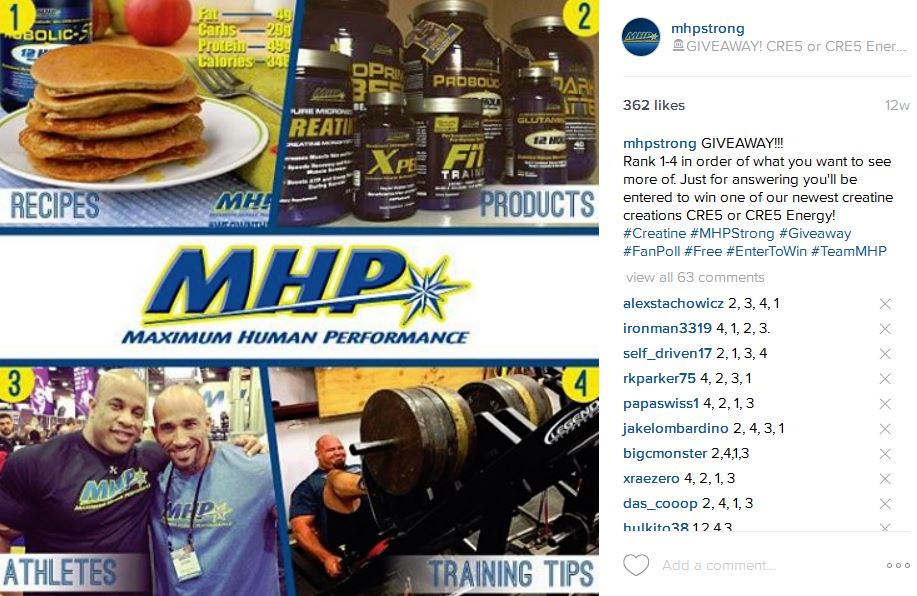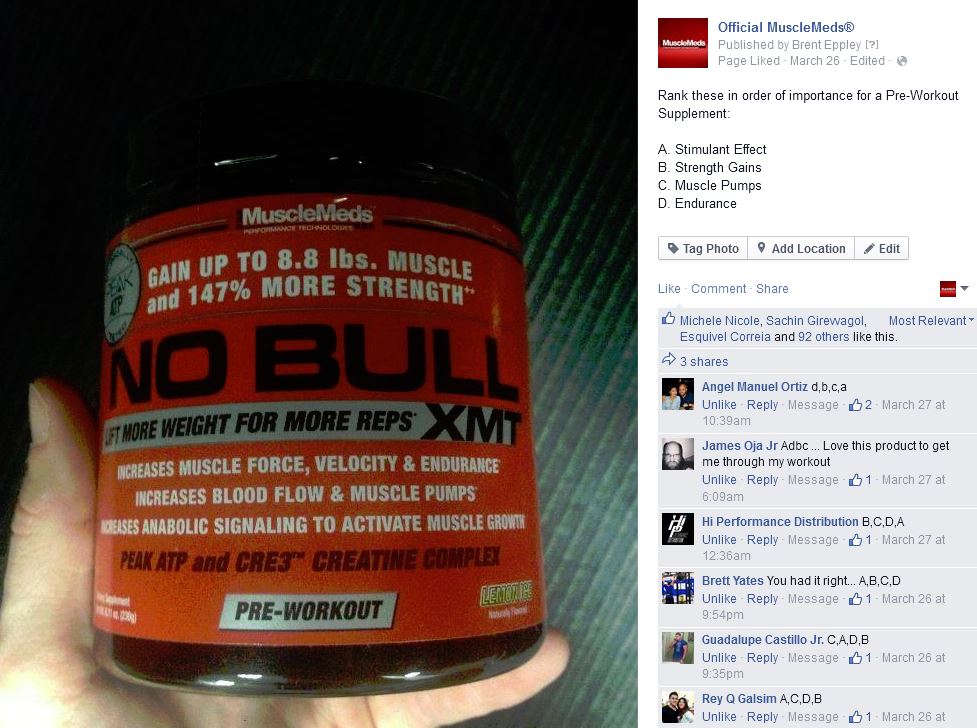What’s your definition of marketing? Have you ever taken the time to think about how YOU define marketing? Before I blow your mind with the easiest and simplest definition of marketing, let’s first check out the dictionary definition courtesy of Merriam Webster: “The activities that are involved in making people aware of a company’s products, making sure that the products are available to be bought, etc.” Not a bad definition, but after reading that you probably have more questions than answers. Instead, let’s keep the definition of marketing very simple. I learned this from one of my college marketing professors at Seton Hall University who happens to be a genius (and oh yeah, he hosts a podcast with 2X Super Bowl Champion David Diehl!). His name is Dan Ladik (AKA Dr. Dan-o). His definition of the crazy world of marketing is “Finding out what people want and giving it to them.” I mean c’mon, how simple is that? Think about it, marketers’ jobs would be 100X easier if they knew what everyone wanted and could deliver on those wants. This is where market research comes into play.
By using market research, marketers are able to find out key information on what a select portion of the population wants. It can be as in depth or surface level as the marketers want to make it. For example, if you want to know how a certain target market or demographic feels about a specific item or product, it would be best to brainstorm some in-depth questions and explore the thoughts and feelings of those participating in the research. However, if a marketer wanted to know surface level information on a wide array of items or products, they should not be asking too many complex questions in regards to each item or product, but rather ask 1-2 open ended questions to let the users talk about their experiences. The information collected in this example may not be as in-depth as the first example, but it will provide more information on an array of products/items vs. just trying to get information on one product/item.
Now it’s time to discuss how to perform market research by using your large social media following. I highly recommend using Facebook and Instagram for this, although if you have a very large and responsive Twitter following, it may also be useful to try on Twitter. The first thing you need to figure out is the goal of this research. Do you want to learn about an industry related topic or a topic related to your company? In the example pictured below, health and fitness company MHP wanted to know about their fans and how to cater to their needs on social media. They created a custom graphic that included the different aspects of their social media posts and asked fans to comment on the type of posts they want to see more of. They also enticed many of their Instagram followers to give their input by running a giveaway for those who provided some useful information to the company. This may not seem like much, but when you take the results from your fan base on Facebook and Instagram, you may have over 100 responses. This can definitely help shape the way you conduct marketing in the future.

In this instance, the fans that commented clearly want to see more posts related to products and training tips. If MHP was posting a lot of recipes and athlete news, there was a high chance they were not getting great engagement on those posts. This market research A) showed the fans of MHP that the company cares about what they want to see, and looks to give them exactly what they are looking for (MY DEFINITION OF MARKETING) and B) helped MHP see that their following cares more about their products and training tips as opposed to their athletes and the recipes they post.

Staying in the fitness industry, above is another example of a company using their large social media following to conduct some market research. In this example, MuscleMeds wanted to learn a bit more about the industry as a whole. Their marketing research question was about what the industry thinks is most important in a pre-workout supplement. MuscleMeds gave a few options and let people comment to give their feedback. Just like the previous example, this is a great way to collect information and will help with getting people what they want. In this example MuscleMeds found out that people who use pre-workout supplements care most about the Stimulant Effect. This now allows MuscleMeds to bring this research to their Research & Development Department to consider when making their next pre-workout supplement.
Marketers these days are always trying to find creative new ways to get information out of people, and market research is a perfect way to do this. You can tie certain market research questions to a giveaway or just flat out ask your social media following to give you this useful information. Either way you do it, all the data that you collect is extremely useful and not many companies choose to perform market research on social media. In this day and age, what’s the point of social media if you can’t find a way to be different from the competition?




.svg)